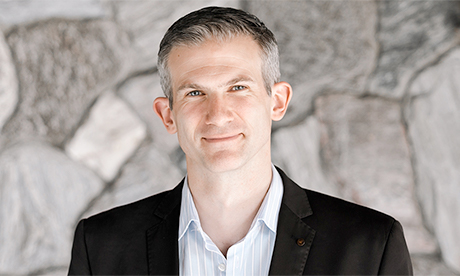Parliament has started hearing submissions on the End of Life Choice Bill, and if the last round of submissions is anything to go by, they’ll hear a lot of opposition.
In response, MPs may be tempted to think they can fix the Bill—narrowing the scope, tightening the wording, maybe limiting it to terminal illness and ditching the current provision for grievous and irremediable medical conditions.
But in reality, even the safest version of this Bill would be dangerous.
This is a hard thing to say and to hear, when there are many stories of suffering and pain that each of us will hope we never have to go through.
Both sides of the debate are motivated by compassion and concern for the vulnerable. No-one is coming at this with the intent to harm, but good intentions are not enough.
Researching the international law and experience in places like Oregon, Washington State, Canada, Belgium, and the Netherlands, we find four main issues with even a restricted version of the Bill.
Too broad a criteria
First, the eligibility criteria would be broad.
Even if limited to people with a terminal illness likely to end their life within six months, doctors acknowledge that prognosis is more art than science.
Oregon has a provision like this, but their official reports show that in 2017, somewhere between 1 and 14 people who were prescribed lethal drugs went on to live longer than their six-month prognosis.
Other jurisdictions failure
Second, other jurisdictions have failed to craft effective safeguards.
For example, the Bill states that a person must express a desire for euthanasia or assisted suicide free from pressure.
However, pressure is very difficult to detect and requires a long-term relationship between doctor and patient.
In Oregon last year, the median doctor-patient relationship before an assisted suicide prescription was just 10 weeks.
Dividing society unequally
Increasing numbers of people in Washington and Oregon have named being a burden on family and friends as one of the reasons they opted for assisted suicide.
In Washington last year, this was 56 percent of the people who received a lethal prescription.
Although the numbers vary each year, the trend is rising steadily.
Patients may name other reasons too, like loss of autonomy, but for a Bill that is based on an ideal of free choice, the rising burden statistics should be a serious concern.
Third, whatever the safeguards, legalising euthanasia and assisted suicide would divide society into two unequal groups.
We’d be telling some people to hang on to life, because their suicide would be a tragedy.
We’d be telling others that their suicide is an understandable, rational act, that under the circumstances we agree their lives are not worth living. This underlying logic has no natural limits.
Small start points expand with time
This leads to the fourth issue.
The practise of euthanasia and assisted suicide tend to expand over time.
There’s no reason to think we’d be immune.
For example, in 2014, Belgium made children of any age eligible to seek euthanasia, albeit with stricter criteria.
We cannot always control what happens after something like this has been legalised.
Passing this law would be a momentous turning point, one that would fundamentally change the make-up of our society.
We have never before said that it is acceptable to kill people because they are sick or dying or disabled, or that we’ll accept them killing themselves.
Risks too great
Passing this law would be a momentous turning point, one that would fundamentally change the make-up of our society.
Parliaments around the world consistently reject bills like this one, because they recognise that the risks are simply too great.
Even the most tightly restricted version of this Bill would see people slip through the cracks—people who are misdiagnosed, who feel like a burden, who aren’t caught by the safeguards.
Their deaths would be wrongful deaths—wrong according to the Bill’s own criteria.
As UK Professor Onora O’Neil outlines, if we lived in a perfect world, maybe a Bill like this could be considered.
Doctors infallible
In this world, doctors would be infallible and their decisions and predictions would always be right.
Patients would be completely rational, never making decisions out of fear, pressure, or unstable emotions.
Families would be loving, compassionate and unselfish, with never a thought for their inheritance. But in the real world we live in, legalising euthanasia or assisted suicide should be a non-starter.
It’s just too risky.
- This column represents the evidence and arguments delivered by Alex Penk (pictured) and Danielle van Dalen in Maxim Institute’s Oral Submission to the Justice Select Committee as they considered the End of Life Choice Bill.
- First published at the Maxim Institute. Republished with permission.
- This column was also published in Fairfax newspapers on Wednesday 20 June 2018 and on stuff.co.nz
- Image: Maxim Institute
- Euthanasia bill risks too great
- Fatal flaw in Ontario's euthanasia bill
- Flawed assisted dying bill puts vulnerable people at risk
- Assisted dying bill puts vulnerable people at risk
News category: Analysis and Comment.




